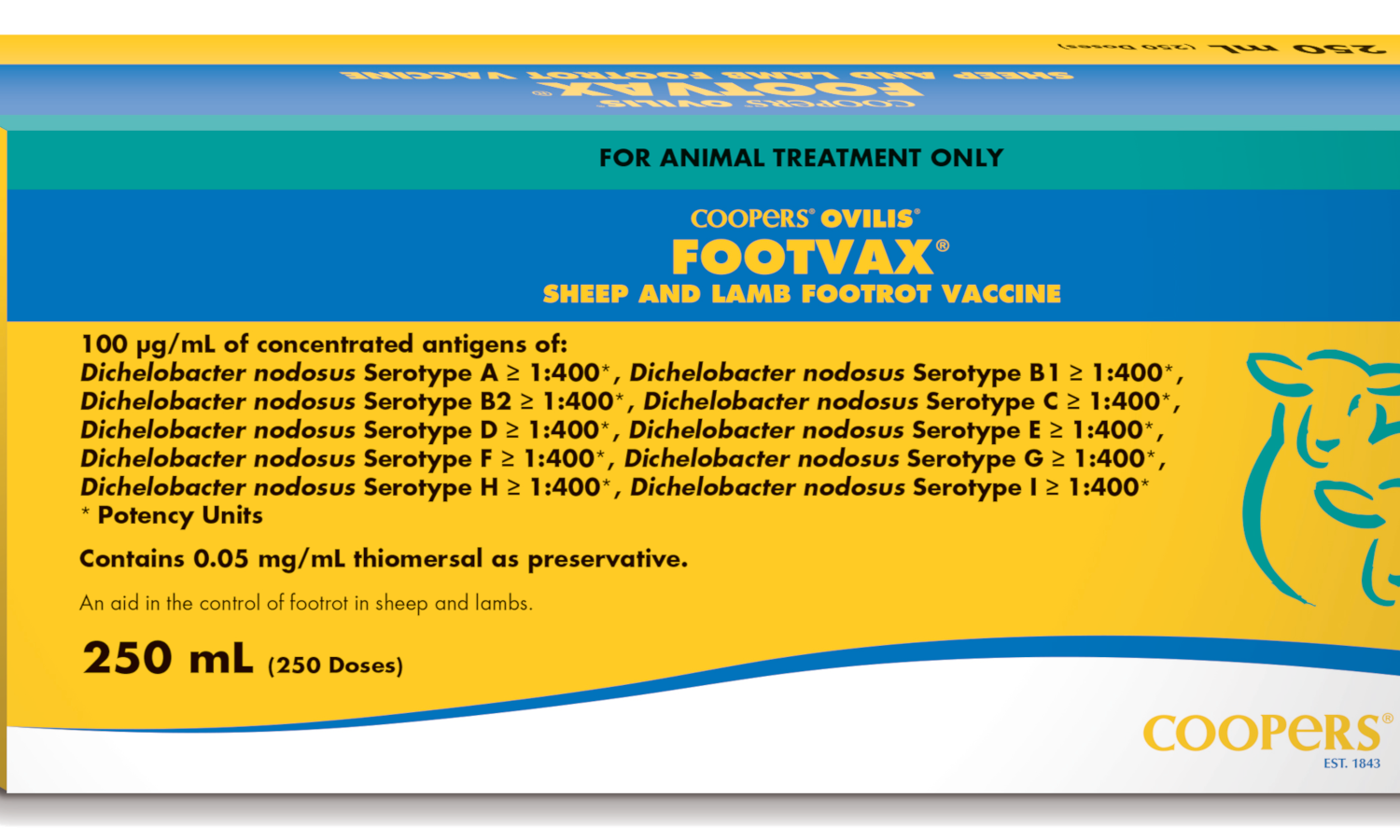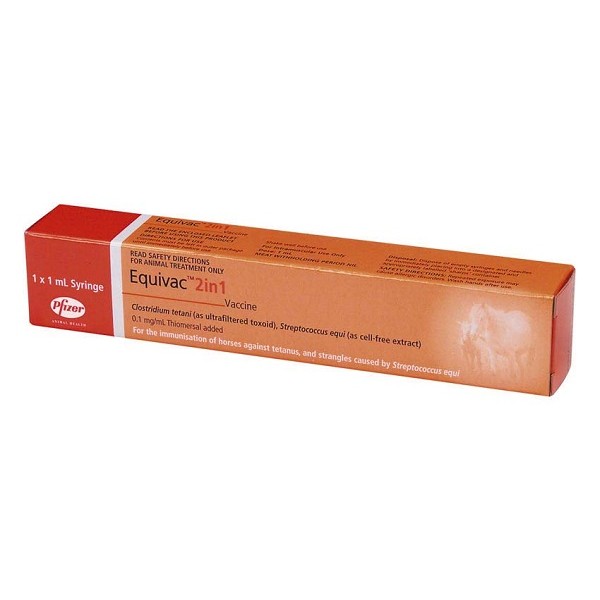Description
Details
Glanvac 6 B12 Vaccine for SHEEP AND Goats
Description
Glanvac® 6 B12 provides sheep & goats with protection against cheesy gland and the five main clostridial diseases with the added ability to correct cobalt deficiencies in goats and kids.
Goat producers are benefiting from the features of this vaccine. The prevention of cheesy gland in sheep & goat flocks improves fibre production and increases the quality of meat. Cobalt is an essential trace element which is important for the production of vitamin B12 in the rumen. Cobalt deficiency can severely affect energy production which results is reduced fibre and meat production.
Glanvac® 6 B12 utilises Pfizer’s ultra-filtration technology, which selectively removes unwanted particles during the production process. This allows the vaccine to produce a more targeted immune response in goats, while providing producers with the convenience of a 1mL dose rate.
Approved Uses
For the control of caseous lymphadenitis (cheesy gland); prevention of enterotoxaemia (pulpy kidney disease), prevention of tetanus, prevention of black disease, prevention of malignant oedema (blackleg-like disease), prevention of blackleg in Sheep and Goats
Treatment and prevention of vitamin B12 deficiency in goats, in areas of known or suspected cobalt deficiency.
Goats do not commonly suffer from clostridial diseases other than tetanus and enterotoxaemia. Use Glanvac® 3 unless these diseases are known to occur in goats on the property.
Key Features
Maintain a high level of disease protection in the breeding flock for the months after vaccination.
Improve kidding percentages by preventing clostridial deaths such as pulpy kidney.
Improve meat quality through cheesy gland protection, ensuring export and domestic customers receive a quality product.
Improve fleece quality and quantity by protecting against cheesy gland.
Maintain a high level of vitamin B12 in pregnant and lactating does during periods of high requirement.
Improved fleece quality and quantity by protecting against cheesy gland and maintaining vitamin B12 reserves.
Dosage and Administration
Inject 1mL subcutaneously on the side of the neck just behind and below the base of the ear.
In previously unvaccinated animals of all ages, give a 1mL dose and repeat 4 weeks later.
Sheep and goats require regular revaccination at 6 monthly intervals to maintain effective immunity against enterotoxaemia.
Where possible give booster doses prior to the time of maximum risk eg transfer to lush pasture or grain feeding in the case of enterotoxaemia.
Pregnant Doses: Give previously unvaccinated animals 1mL at the time of joining; repeat at up to 4 weeks before the expected time of kidding. Omit the dose at joining in previously vaccinated animals. Vaccinated does will pass on immunity to their kids in the colostrum: kids should be protected for the first 6 to 8 weeks of life.
This product can be stored and used for up to 30 days after first opening. On each subsequent reuse, swab the opening with a suitable disinfectant (for example, methylated spirits) both before and after using. A sterile needle must be used each time product is removed. Store unused material upright, at 2°C to 8°C (refrigerated) and in the original cardboard packaging to protect from light.
Additional Information
Storage
Store at 2°C to 8°C (refrigerate. Do not freeze). Protect from light. Prolonged exposure to light will have an adverse effect on vitamin B12.
Withholding Period:
NIL
Schedule:
NIL
Localised swelling may develop at the site of the injection and a firm nodular lump may persist for some weeks or even months.
Cases have been recorded of goats developing signs of anaphylactoid shock shortly after vaccination. This is believed to be due to protein sensitisation as a result of previous vaccination. This vaccine has been prepared in a manner which will reduce the risk as far as possible. Nevertheless, observe valuable animals closely for 1 hour after vaccination; obtain veterinary assistance immediately if signs of shock become evident.





